Tesla CEO Elon Musk scored a much-needed win during a surprise trip to China over the weekend, a top Chinese official giving the automaker approval to launch its Full Self-Driving technology in the country’s massive car market. The news sent Tesla stock soaring – but also drew concerns coming days after a damaging assessment of Tesla’s original Autopilot system by U.S. regulators.
Tesla stock surged sharply on Monday following news that China gave tentative approval for the automaker to launch its most advanced driver assistance technology, the Full Self-Driving system, in the world’s largest automotive market.
The move could help Tesla avoid further erosion in its market share as more and more Chinese start-ups enter the EV market. It also could provide a substantial new source of revenue for the Texas-based automaker since users have to pay a monthly subscription fee for the semi-autonomous system also known by the abbreviation FSD.
But the timing of the announcement raised questions, especially among safety advocates who noted that only last Friday the U.S. National Highway Traffic Safety Administration issued a statement that said it saw a “critical safety gap” with Tesla’s earlier driver assistance system, Autopilot. It warned that this may have played a role in a number of crashes, many of them fatal.
A “win-win”
The deal with China comes after Tesla reportedly reached an agreement with Baidu, which is widely known as the “Google of China,” to provide the mapping data needed for FSD. In turn, the China Association of Automobile Manufacturers, or CAAM, determined that the Tesla system meets the country’s data security guidelines. FSD actually was introduced in China four years ago, but concerns about data security resulted in restrictions on its functionality until now. That, in turn, limited consumer demand.
In a meeting with Musk, Chinese Premier Li Qiang cited Tesla’s operations in as an example of how his country and the U.S. can achieve “win-win” economic cooperation. The endorsement of the FSD system by both the CAAM and the Beijing government underscored the positive relationship Tesla has had with the Asian nation.
Notably, Tesla is the only U.S. automotive manufacturer that was allowed to set up a fully owned manufacturing operation there, Gigafactory Shanghai. Other foreign manufacturers, including Detroit’s Big Three, have had to form joint ventures with domestic Chinese companies.
Even so, Tesla has suffered a decline in market share over the last year as more and more Chinese companies, such as BYD and Great Wall, enter the EV space. In a surprising setback, BYD became the world’s best-selling EV manufacturer during the fourth quarter last year23. Making matters worse, Tesla suffered a sharper-than-expected slump in global sales and earnings during the first quarter of 2024.
Stock rockets
Tesla shares had fallen sharply this year but the news out of Beijing gave the stock a huge boost on Monday, shares rising 15.31%, to $194.05, at the close of trading on the Nasdaq exchange. That’s the highest it has climbed since early January, though it remains well off of a 52-week high of $299.29.
But Adam Jonas, the widely followed auto analyst at Morgan Stanley, said Monday he sees Tesla stock rising to $320 a share, advising investors, “Elon Musk’s visit to China means far more than seeking approval for self-driving tech on Chinese roads.” He said it will also aid Tesla, among other things, by aiding its planned rollout of robotaxis.
Adding to the momentum was Musk’s announcement on April 24 that Tesla was working up a new line of more affordable vehicles. That countered reports earlier in the month by the Reuters news service that Tesla was abandoning development of what had widely been referred to as the Model 2. The high cost of EVs – which, in the U.S. averages about $60,000, according to Cox Automotive – is seen as one of the key obstacles that has led to a slowdown in EV growth in recent months.
The promise of more affordable models appeared to lessen concerns by investors over Tesla’s weak financial performance during the last two quarters.
More Tesla News
- Tesla Sets Sales Record – But Still Misses its Target as BYD Closes the Gap
- Tesla Autopilot Has Critcal Safety Gap, Federal Investigation Links Feature To Hundreds Of Crashes
- Tesla Kills Plan for Affordable EV
“A critical safety gap”
Investors on Monday also appeared to downplay the report by NHTSA issued last Friday that warned of a “critical safety gap” with the automaker’s Autopilot system. The semi-autonomous technology has been linked to a growing number of U.S. crashes, many of them fatal.
Tesla late last year agreed to take steps to improve the performance of the technology by, among other things, making sure that motorists use Autopilot only in situations where it is considered safe. The recall also was meant to ensure drivers are ready to retake control of their vehicles in the event of an emergency.
Even while closing its investigation of Autopilot, NHTSA warned that the technology “led to foreseeable misuse and avoidable crashes.” It also determined that the system did not “sufficiently ensure driver attention and appropriate use.”
While NHTSA ended its earlier investigation it announced a new probe focusing on whether the Tesla recall announced in December will be enough to sufficiently correct the problems with Autopilot.

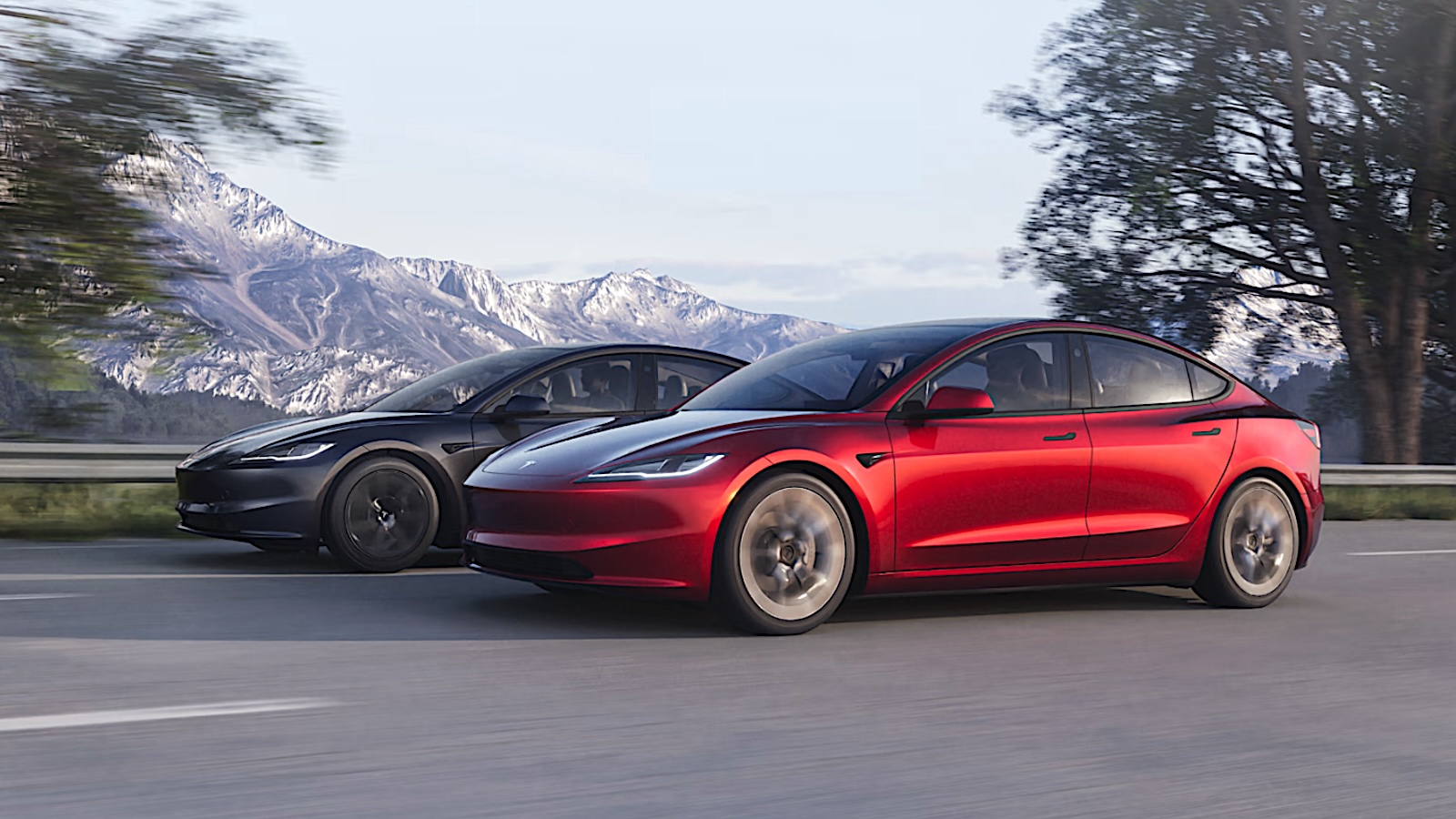
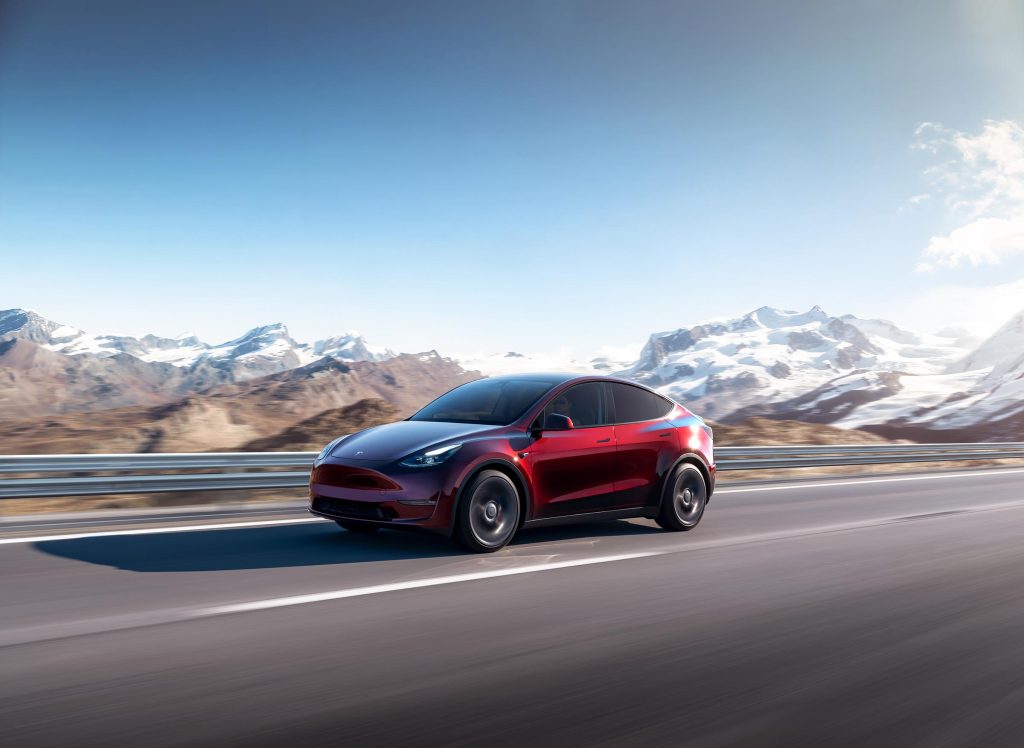
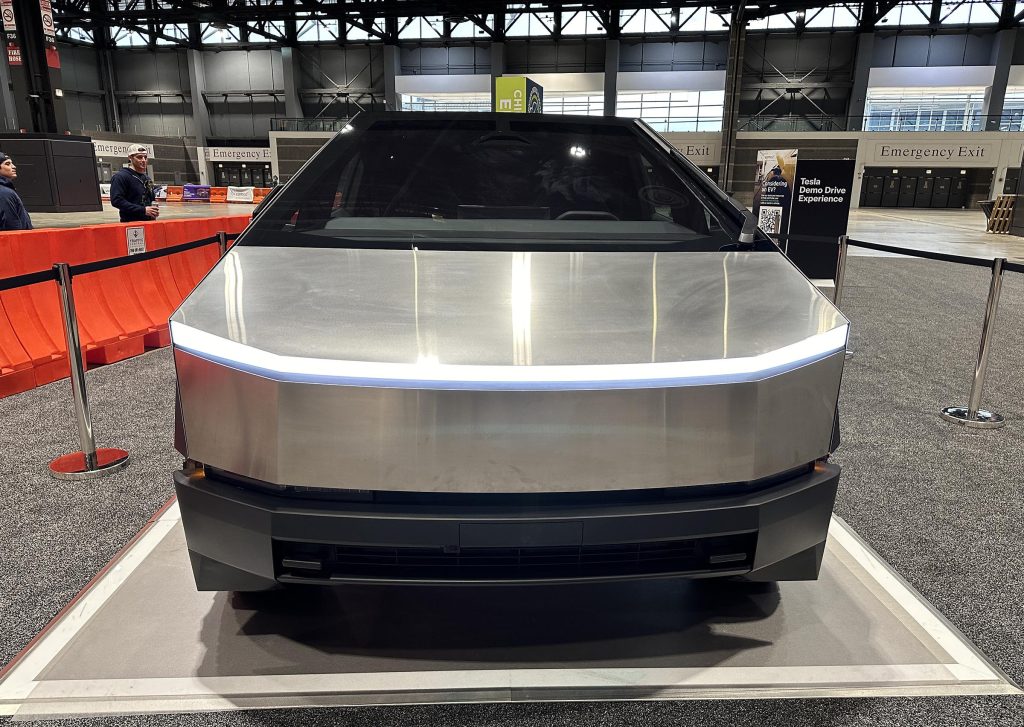
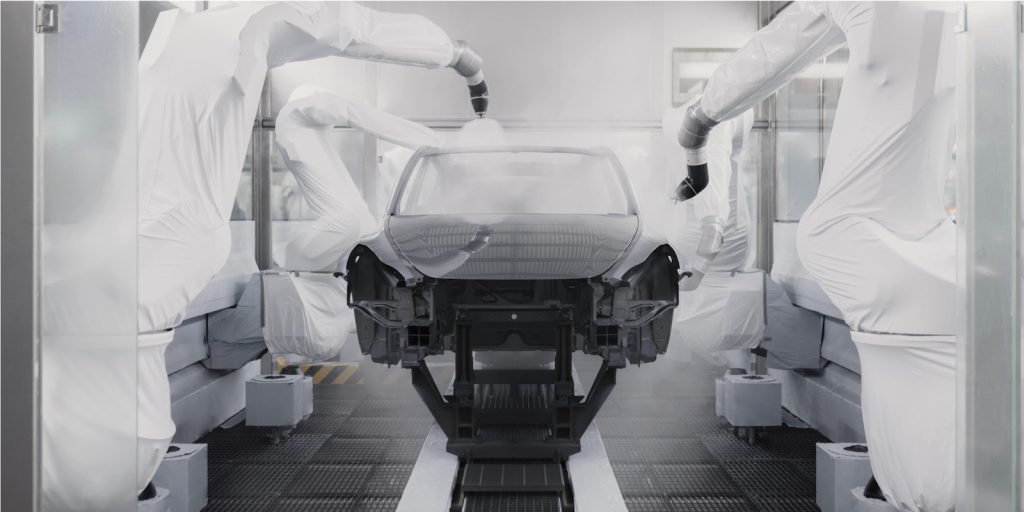
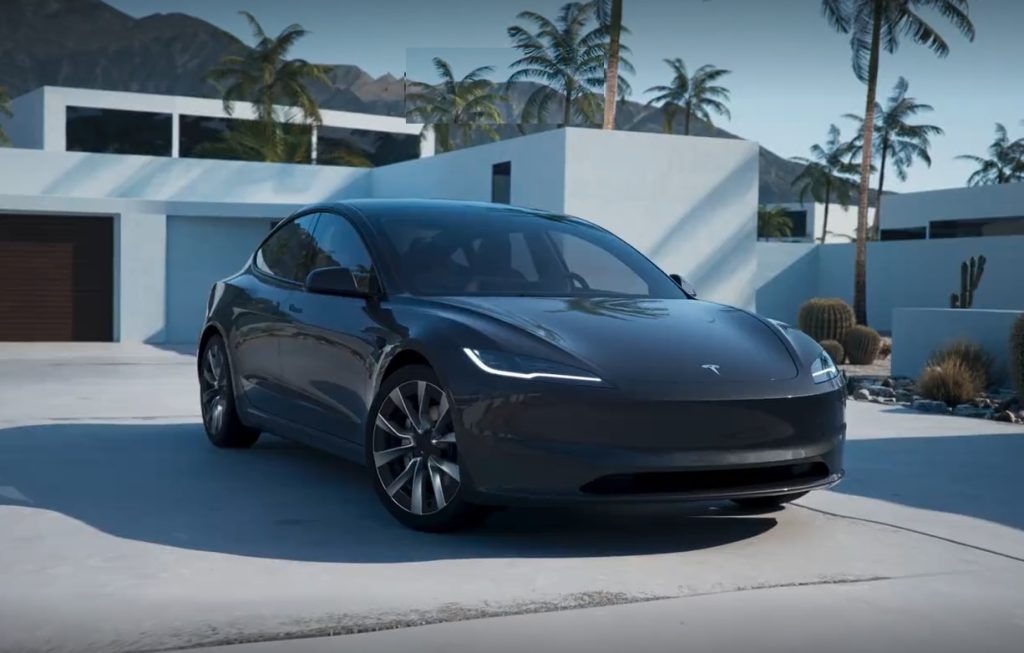
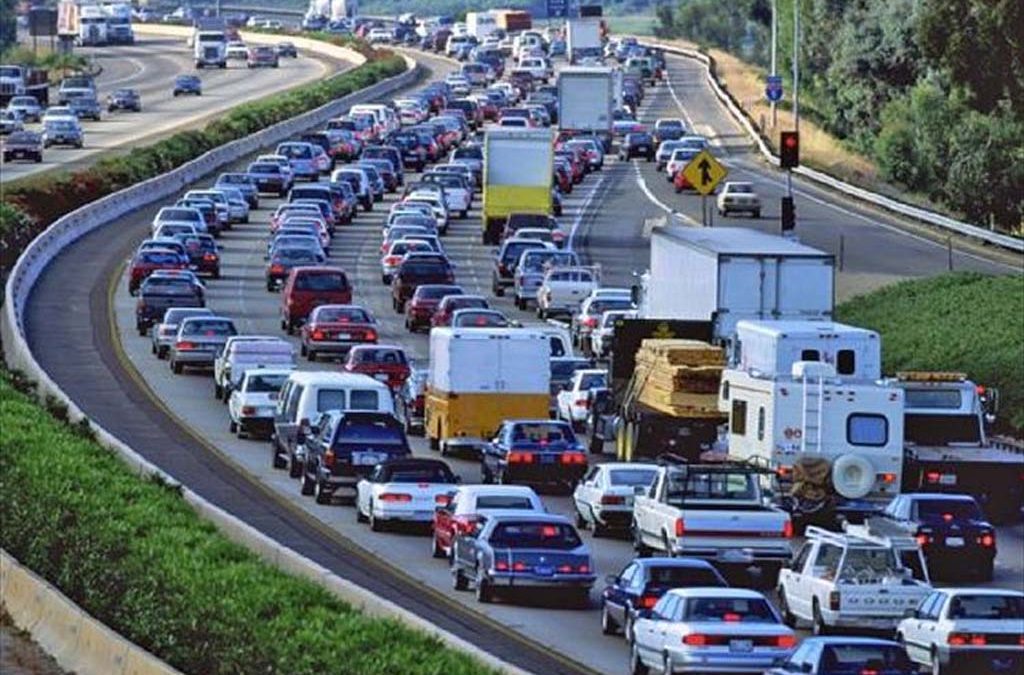
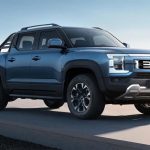
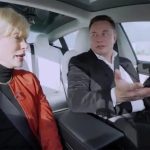
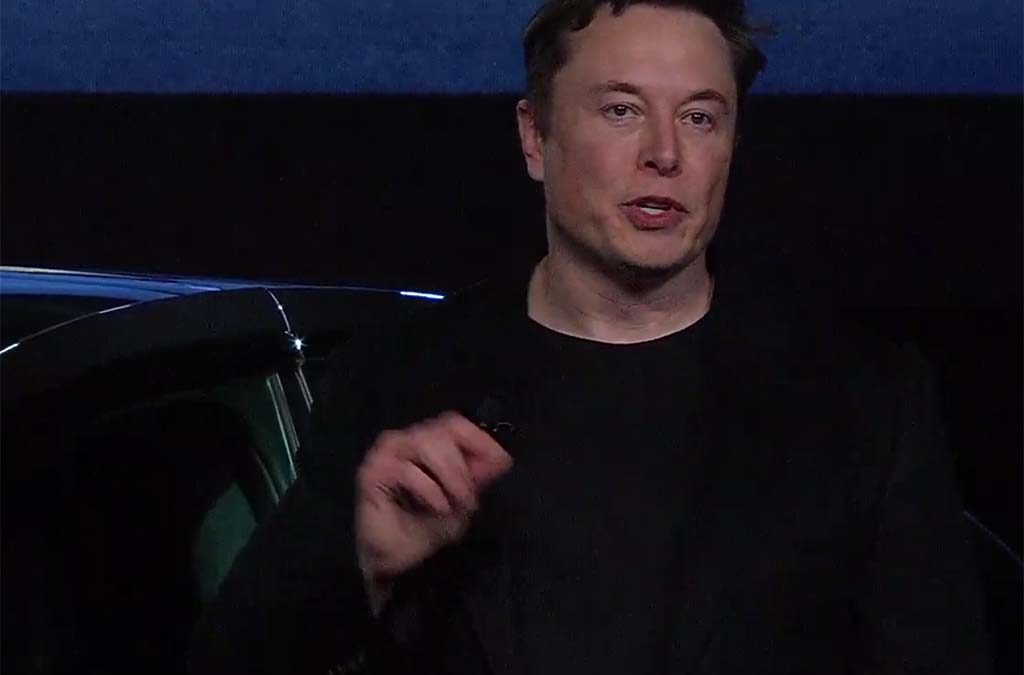

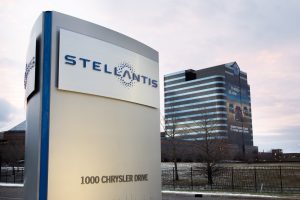
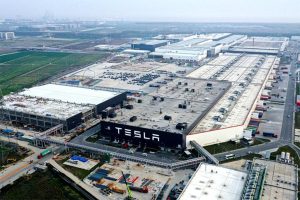
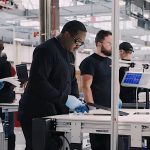
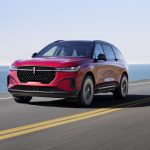
0 Comments